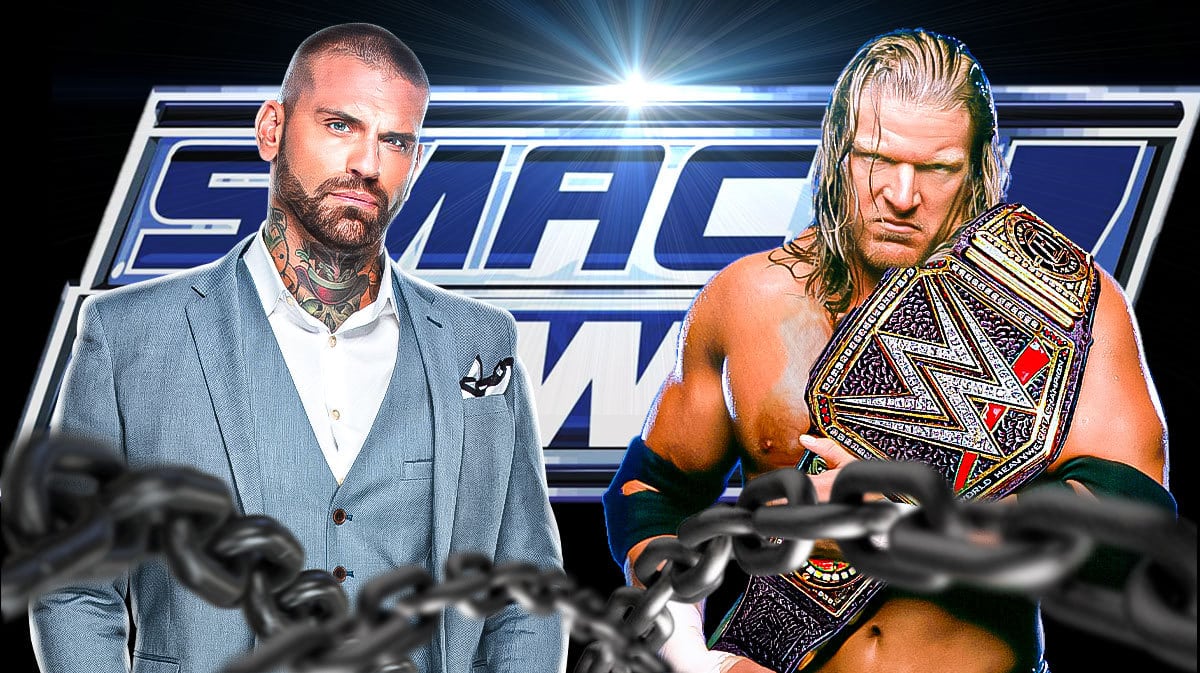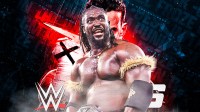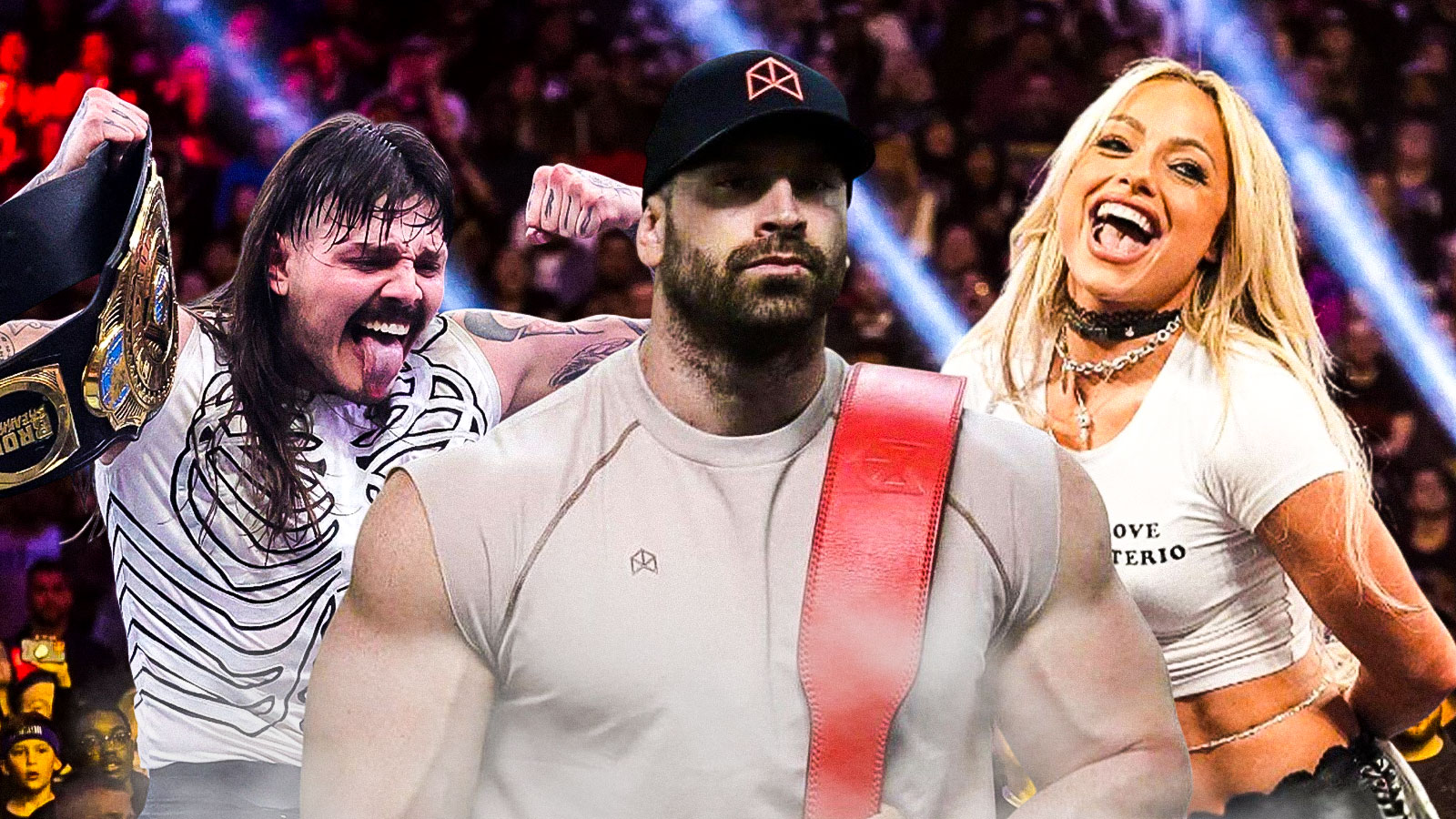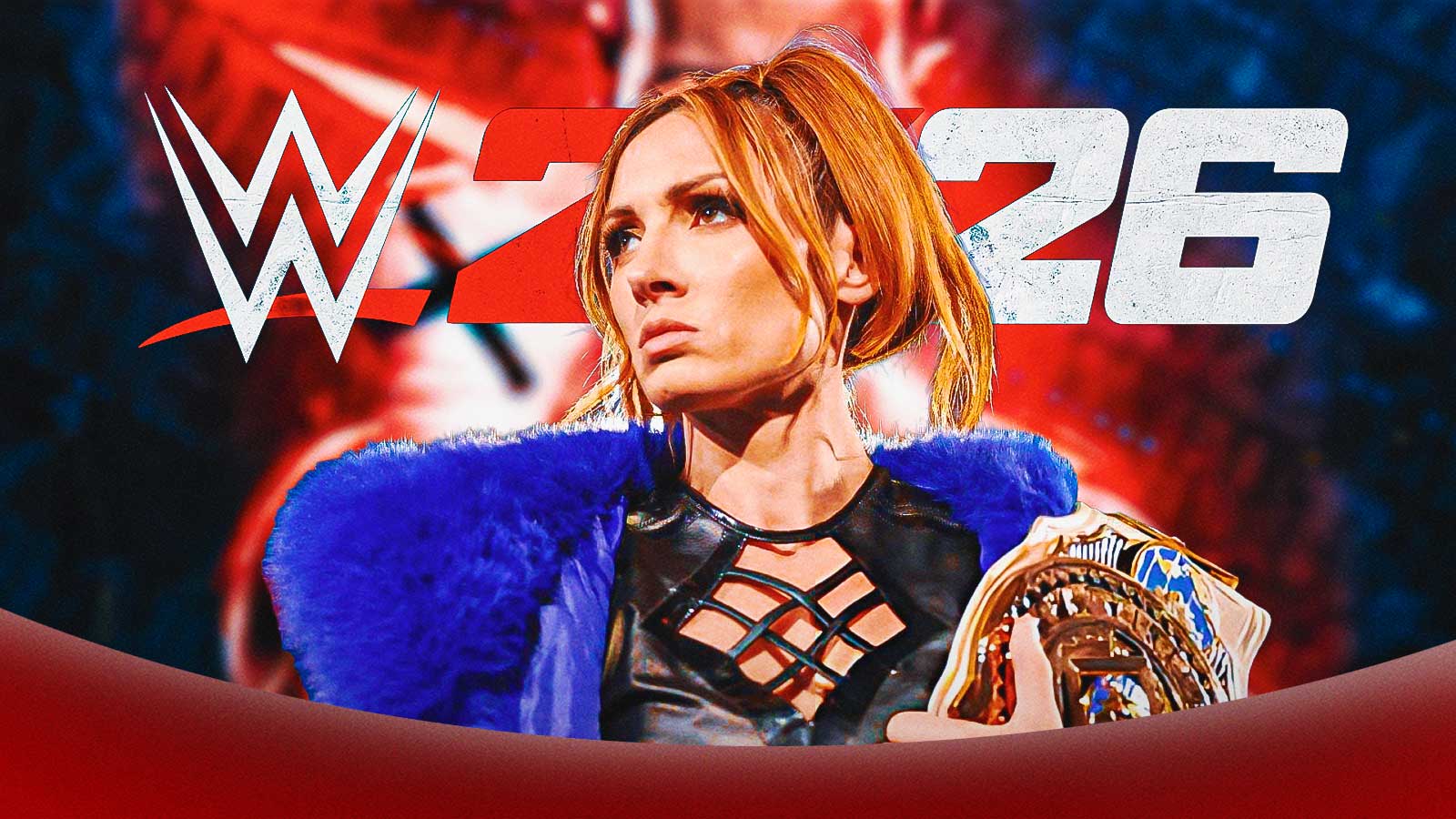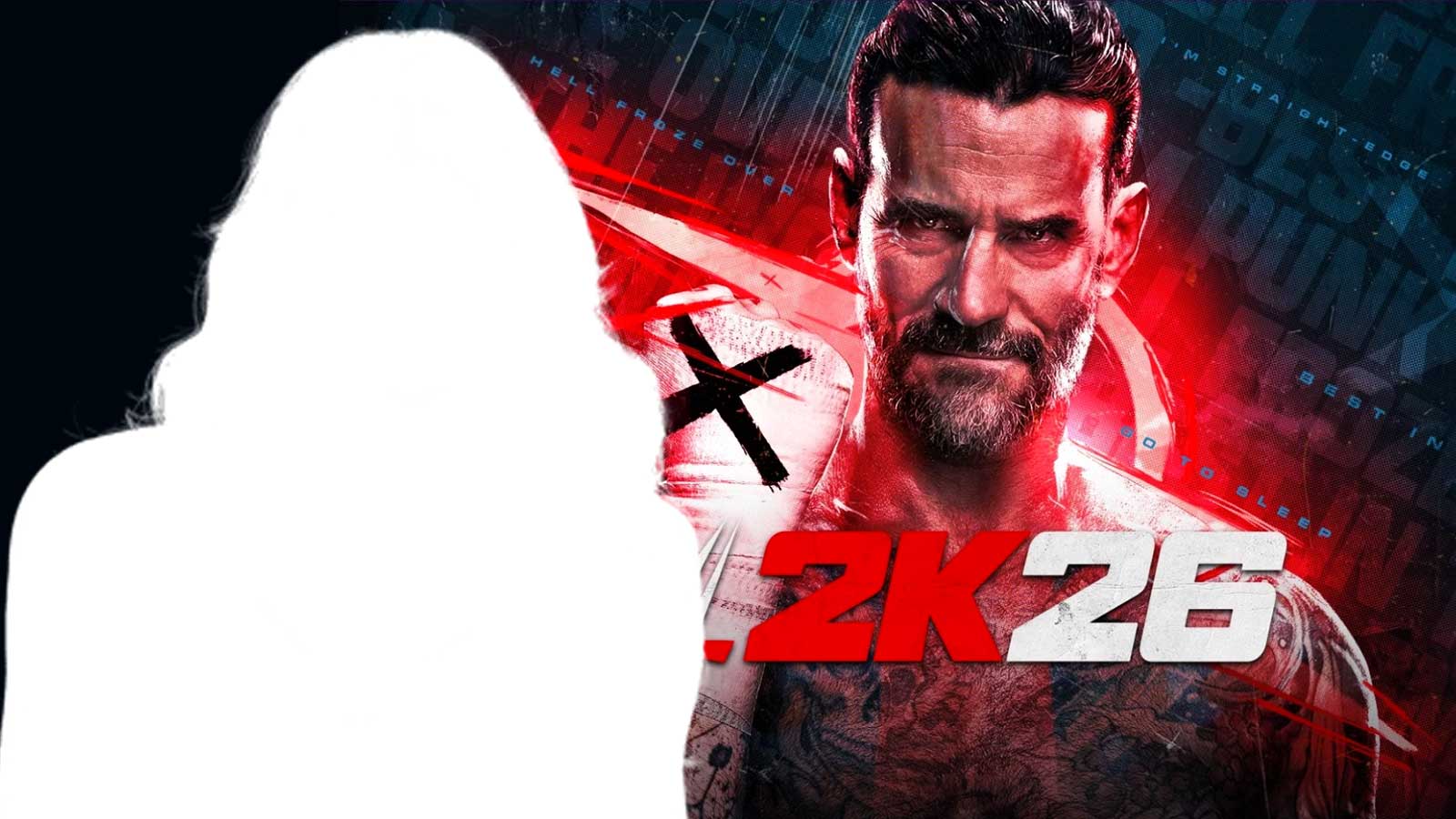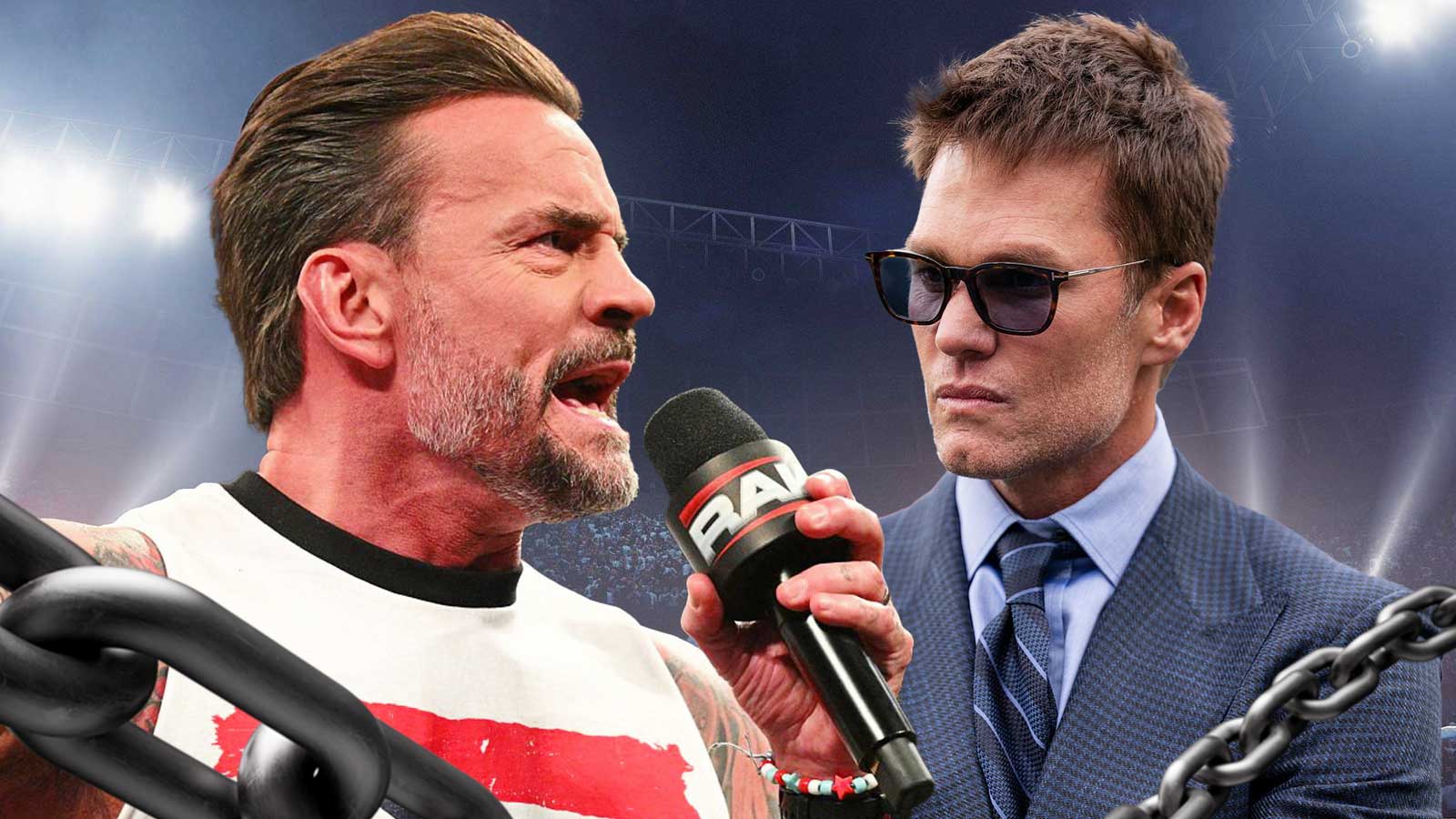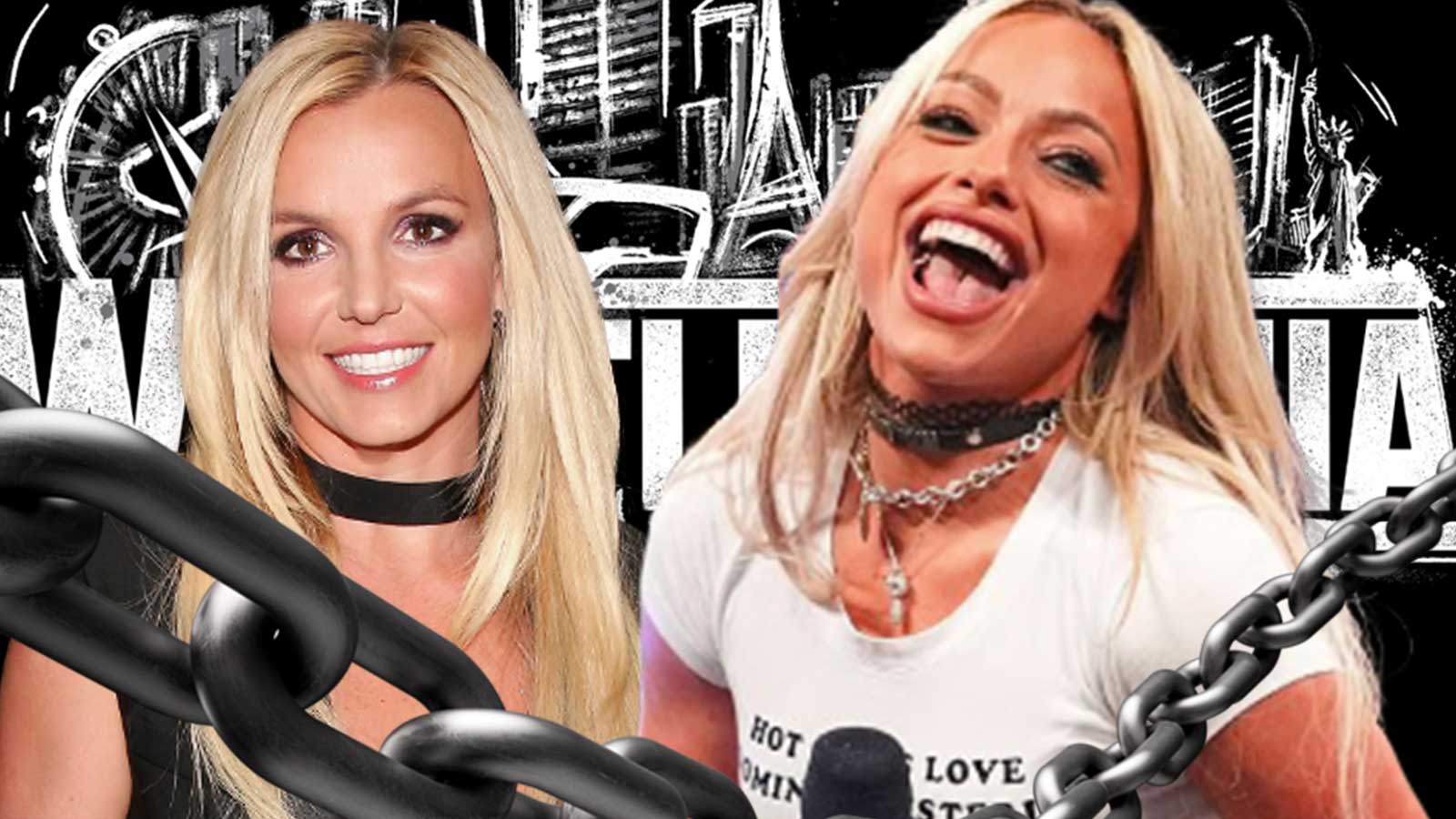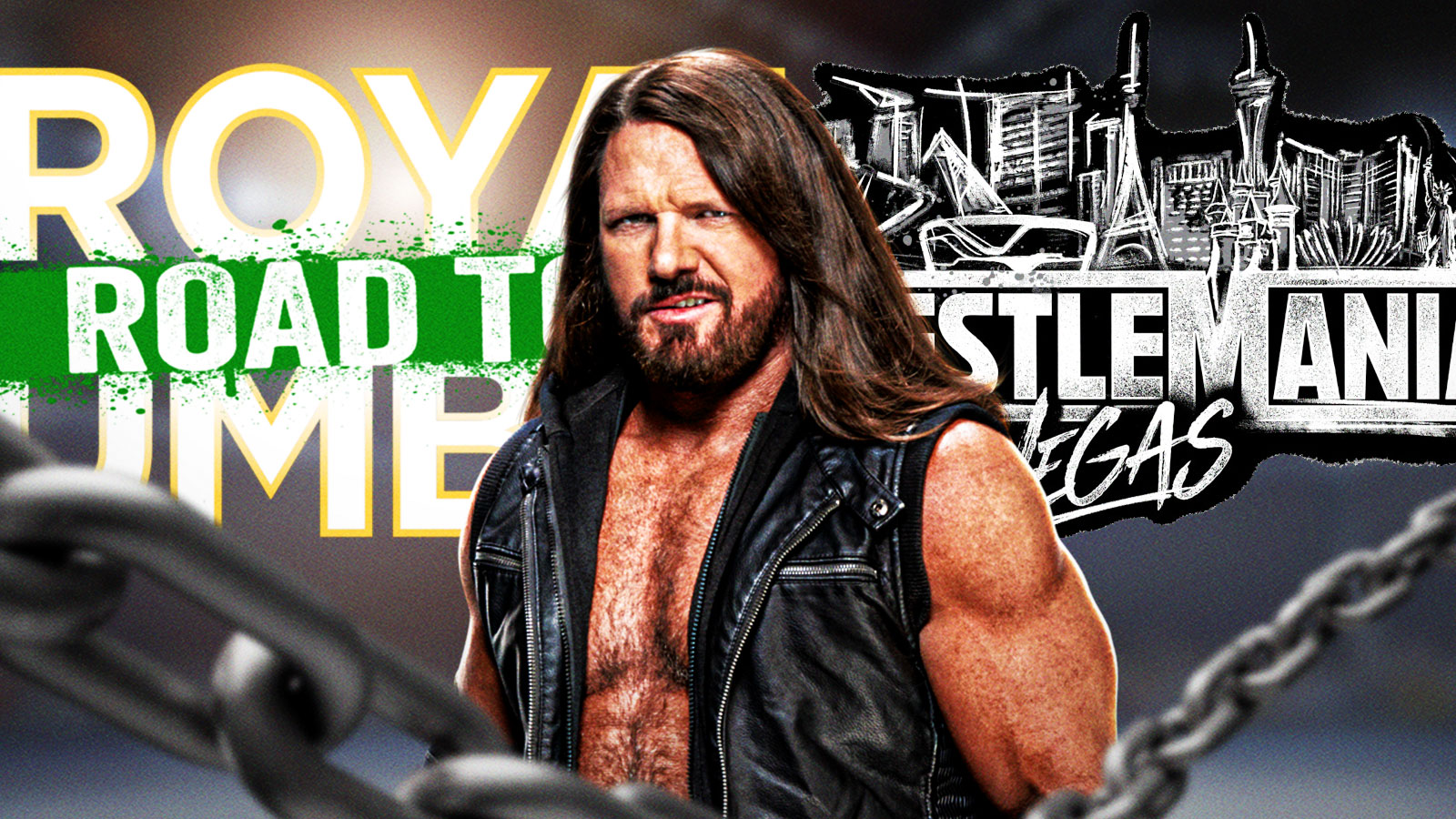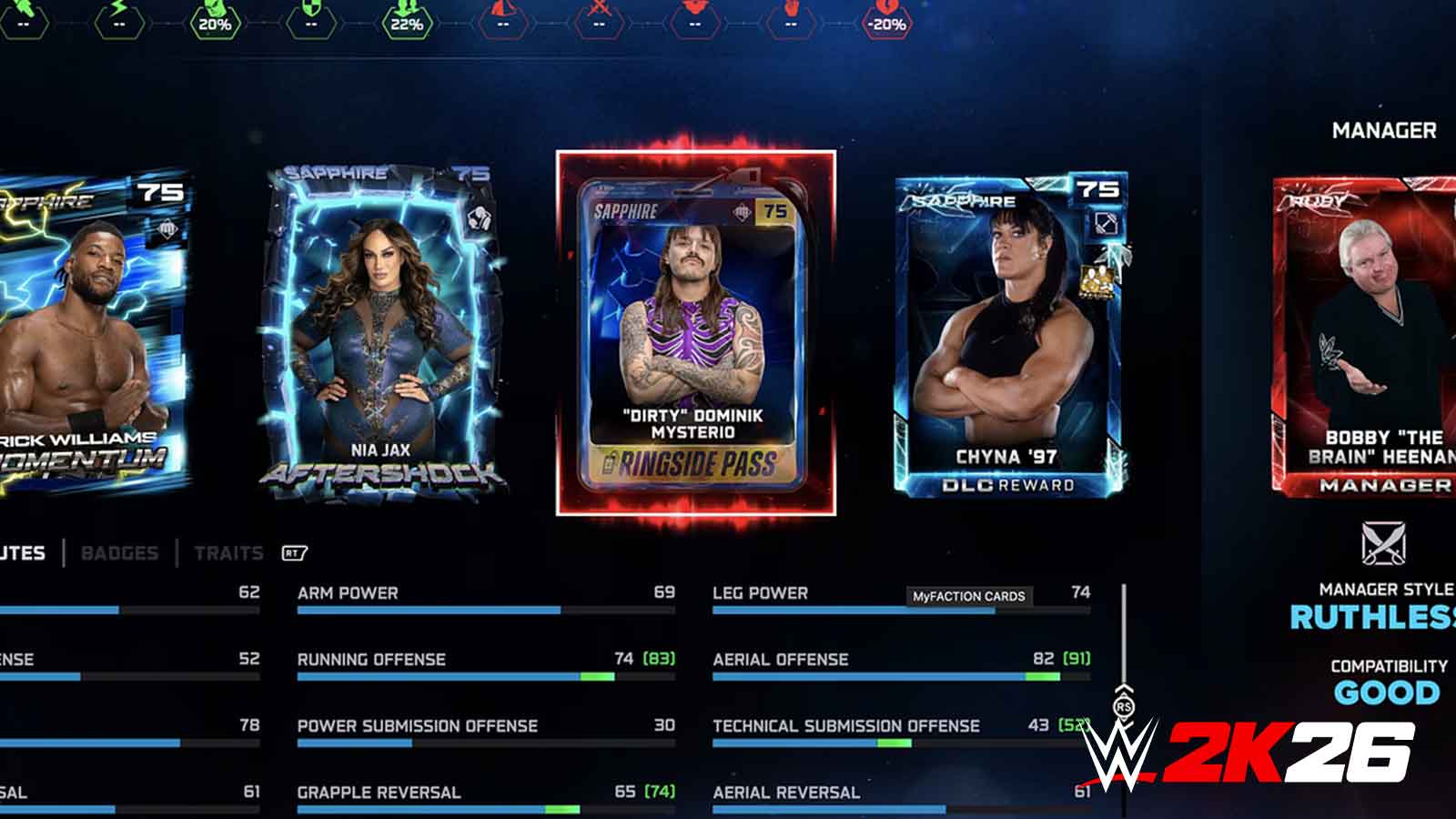When Corey Graves began calling matches following the end of his in-ring career, the WWE Universe was in a very, very, very different place.
John Cena was still an active wrestler, Roman Reigns wasn't over as the heel-ish “Head of the Table,” and Vince McMahon, then still considered a hero in the eyes of many, was pretty much in charge of every aspect of the WWE Universe he largely created, booking shows, writing (and re-writing) show formats, and talking into the ears of his commentators to make sure they said exactly what he wanted and, more importantly didn't want, to hear on the microphones.
Exiting that role in 2022 when he handed off the creative reigns of WWE to Paul “Triple H” Levesque, suddenly, WWE shows sounded a whole lot different, even if they would still look McMahon-esque until Kevin Dunn retired a few years later, with Michael Cole, Graves, and company suddenly name dropping Bullet Club and even mentioning the retirement of Sting despite the match coming as a member of AEW. Gone were the Vince-isms, and, in their place, care a more casual chronicling of professional wrestling, making the matches more inclusive and exciting than they'd been in years.
Discussing how things have changed on commentary in an interview with Short and to the Point, Graves celebrated the changes under Triple H, noting that he's been afforded a chance to really step into his own skin without being constantly backseat commentated from Gorilla Position.
“Triple H is another guy that I owe a great deal, if not everything in my career, too. He's the one that took a chance on me as a wrestler in NXT. I know we've had a few conversations since then. Him having to shut me down broke his heart as much as it broke mine. He's always been sort of silently supportive. He's always been in the back. If I need something, I've never hesitated to go to him and ask. He also is really cool and sort of refreshing in the sense of, he gives us space when he's in Gorilla, like where the old boss sat,” Corey Graves explained via WrestleTalk.
“Instead of being told and promoted, ‘Hey, you have to say this, you gotta do it this way, you have to use this verbiage,' he, I think, understands that we are all fans and we all love this in different ways, and as the business grows and evolves, you kind of have to let go of the reigns a little bit. I still have my guide rails. I just feel like they're a little wider on each side now, where rather than trying to stay on a particular path and walk in a certain rhythm and do things a certain way, I have a little bit more leeway to be me and develop my own style, as long as all the boxes that need to be are checked, I don't have to do them the same way that the six guys before me have done, or that Michael Cole does, et cetera.”
Has Graves' style changed over the past few months? Well, considering the former grappler has officially transitioned from a color commentary role to the lead chair on SmackDown following a weird pairing with Michael Cole and Kevin Patrick in the pre-Pat McAfee return era, it's hard not to see a noticeable difference in Graves' efforts as of late. That, in no small part, might be because of how things have changed behind the scenes, as he discussed further on the podcast.
“The Bullet Club Is For Everyone” – Corey Graves pic.twitter.com/kvsCFOpjOU
— HeelByNature.com (@HeelByNatureYT) April 17, 2018
Corey Graves reveals what Triple H is like in Gorilla position.
Later in his podcast appearance, Corey Graves was asked what it's like to have Triple H in his ear instead of Vince McMahon and his domineering, heavy-handed style. For Graves, the difference comes in a lack of comments more so than his suggestions.
“I've been on TV for, I think, seven years on RAW and SmackDown, and in the last few months, I think my headsets have been as quiet as they have been ever,” Corey Graves noted. “I only hear from him if I'm doing something terribly wrong, which, knock on wood, doesn't happen too frequently, or the other time I hear time from him pretty regularly is if, much like Michael Cole, if a joke lands. If I say something and it gets him, he'll go, ‘Oh, that was really good,' or he'll double down, and he'll follow up on my joke in my headset.”
While the day will likely never come when a commentary team is allowed to call a show on their own without any outside interference, as having someone to call out time cues, make announcements, and remind announcers to read the correct copy is a vital part of producing quality television, giving teams an ability to tell the story of professional wrestling in their own way is vital to the believability of the on-screen product, as trying to force square pegs into round holes can sand off the edges of the product in the name of uniformity.

